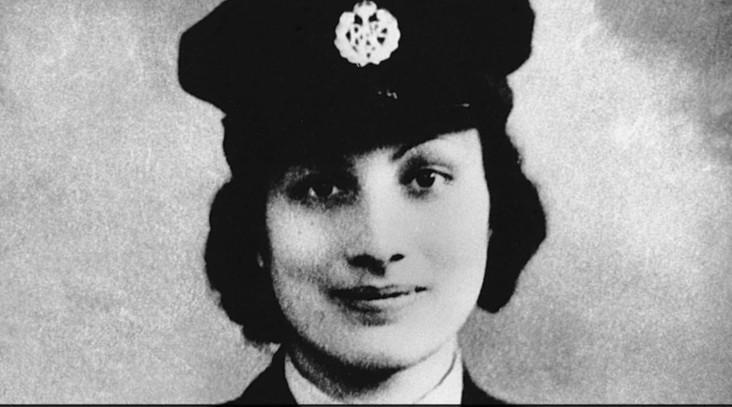
France Honours British Indian Spy & Tipu Sultan’s Descendant Noor
In a remarkable tribute, France has honoured Noor Inayat Khan, a descendant of Tipu Sultan and a World War II undercover British agent, with a commemorative postage stamp. This makes Noor the only Indian-origin woman to receive such a prestigious tribute. The news of this honour has sent ripples of pride and admiration across the globe, as people remember the bravery and sacrifice of this extraordinary woman.
Noor Inayat Khan was a British spy of Indian origin, who worked for the Special Operations Executive (SOE) during World War II. Born on January 1, 1914, in Moscow, Russia, Noor was the daughter of an Indian father, Inayat Khan, and an American mother, Ora Ray Baker. Her father was a musician and a Sufi mystic, who was a direct descendant of Tipu Sultan, the legendary ruler of Mysore. Noor’s family moved to London when she was a young girl, and she grew up in a multicultural environment, speaking multiple languages, including French, German, and English.
Noor’s journey as a spy began when she joined the Women’s Auxiliary Air Force (WAAF) in 1940. She was soon recruited by the SOE, a secret organization that conducted espionage and sabotage operations behind enemy lines. Noor was trained in wireless operation and was sent to France in 1943, where she worked as a radio operator, transmitting vital information back to London. Her code name was “Madeleine,” and she became an integral part of the French Resistance, working closely with other agents to disrupt the German war effort.
Noor’s bravery and skill as a spy were evident in the face of extreme danger. She was arrested by the Gestapo in 1943, but she refused to give away any information about her fellow agents or the Resistance. Despite being subjected to intense interrogation and torture, Noor remained steadfast, protecting her comrades and the secrets of the SOE. She was eventually sent to the Pforzheim prison in Germany, where she was kept in solitary confinement.
Tragically, Noor’s life was cut short when she was executed at the Dachau concentration camp in 1944. She was just 30 years old. Her sacrifice was not in vain, however, as her bravery and selflessness inspired countless others to join the fight against the Nazis. Noor’s legacy has endured, and she has become a symbol of courage and resistance against oppression.
In recognition of her extraordinary bravery, Noor was awarded the Croix de Guerre, France’s highest civilian honour, and Britain’s George Cross. These awards are a testament to her remarkable contribution to the war effort and her unwavering commitment to the cause of freedom.
The commemorative postage stamp issued by France is a fitting tribute to Noor’s memory. It features a portrait of Noor, with a determined look on her face, surrounded by the French and British flags. The stamp is a reminder of the enduring bond between France and Britain, and the shared values of freedom, courage, and sacrifice that defined the Allied effort during World War II.
Noor’s story is also a powerful reminder of the contributions made by people of Indian origin to the war effort. Despite facing racism and prejudice, many Indians played a crucial role in the Allied victory, serving in various capacities, from soldiers to spies. Noor’s legacy is a testament to the bravery and patriotism of these individuals, who risked everything to fight for freedom and democracy.
In conclusion, the commemorative postage stamp issued by France in honour of Noor Inayat Khan is a fitting tribute to her bravery and sacrifice. Noor’s story is an inspiration to people around the world, and her legacy will continue to endure as a symbol of courage and resistance against oppression. As we remember Noor’s remarkable life and achievements, we are reminded of the power of human spirit and the importance of standing up for what is right, even in the face of overwhelming danger.






